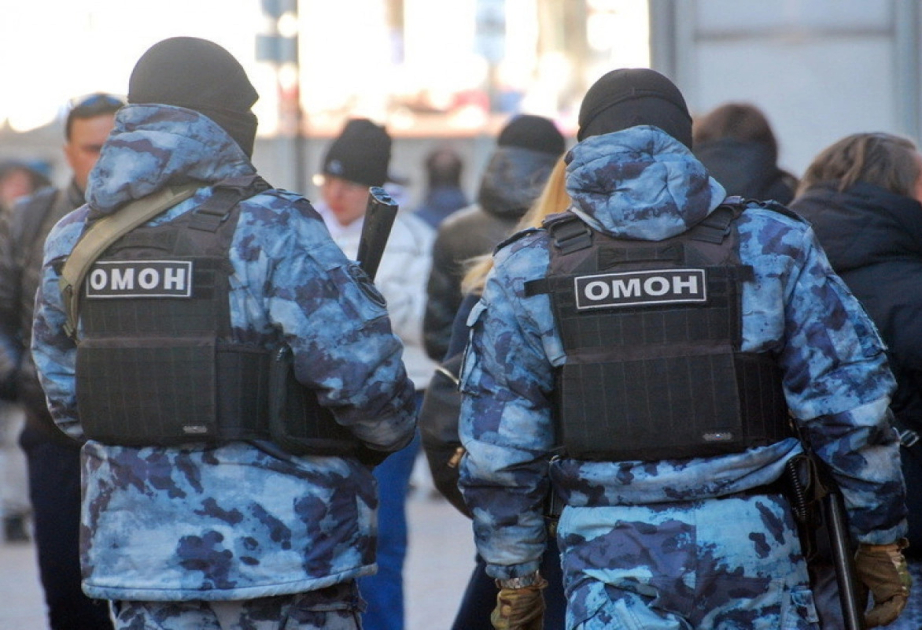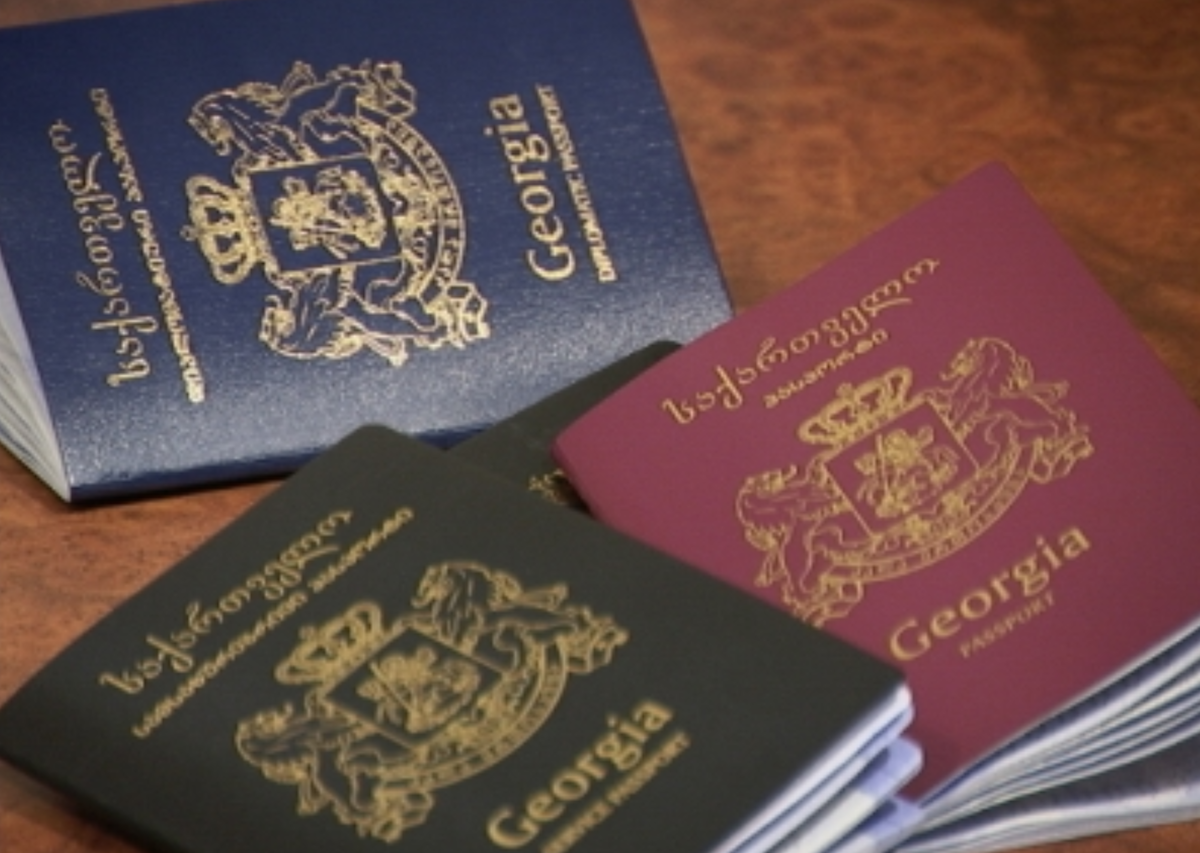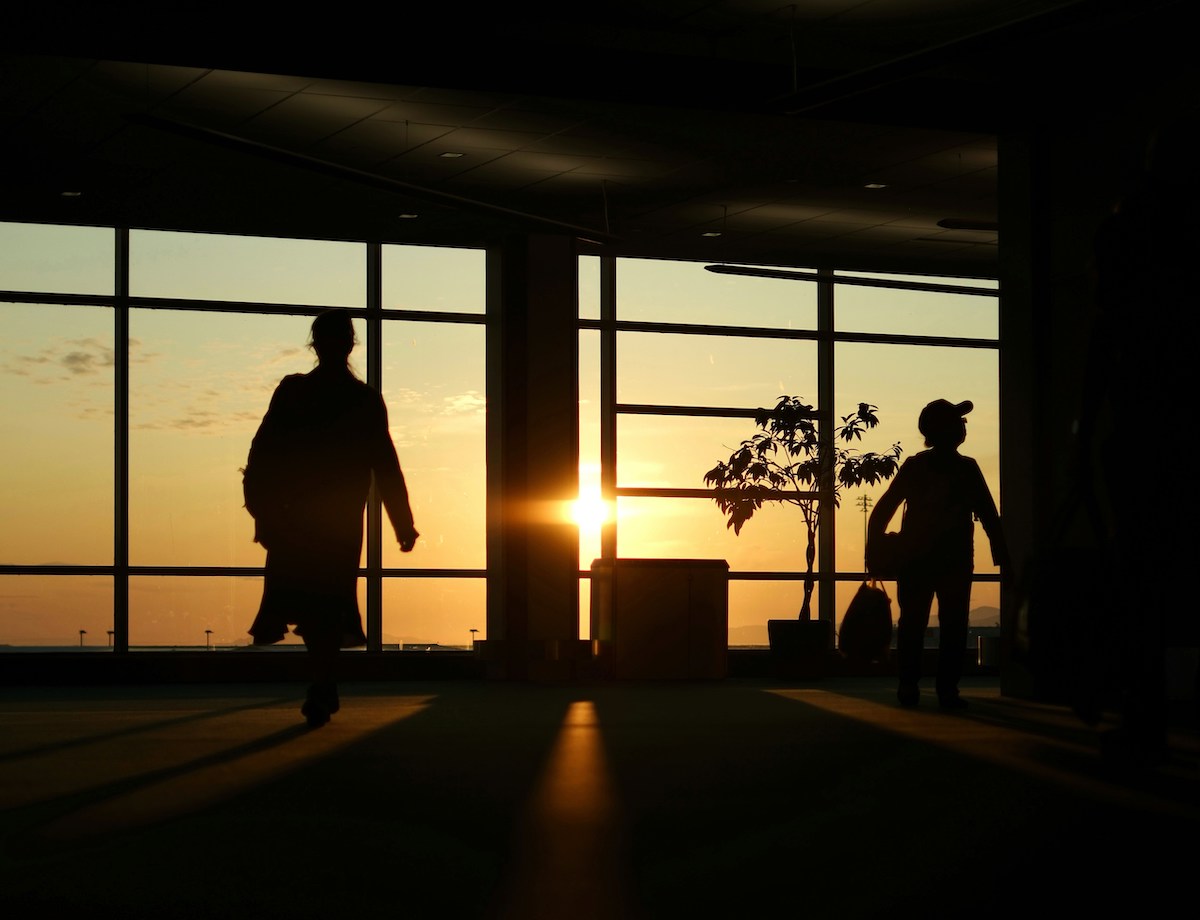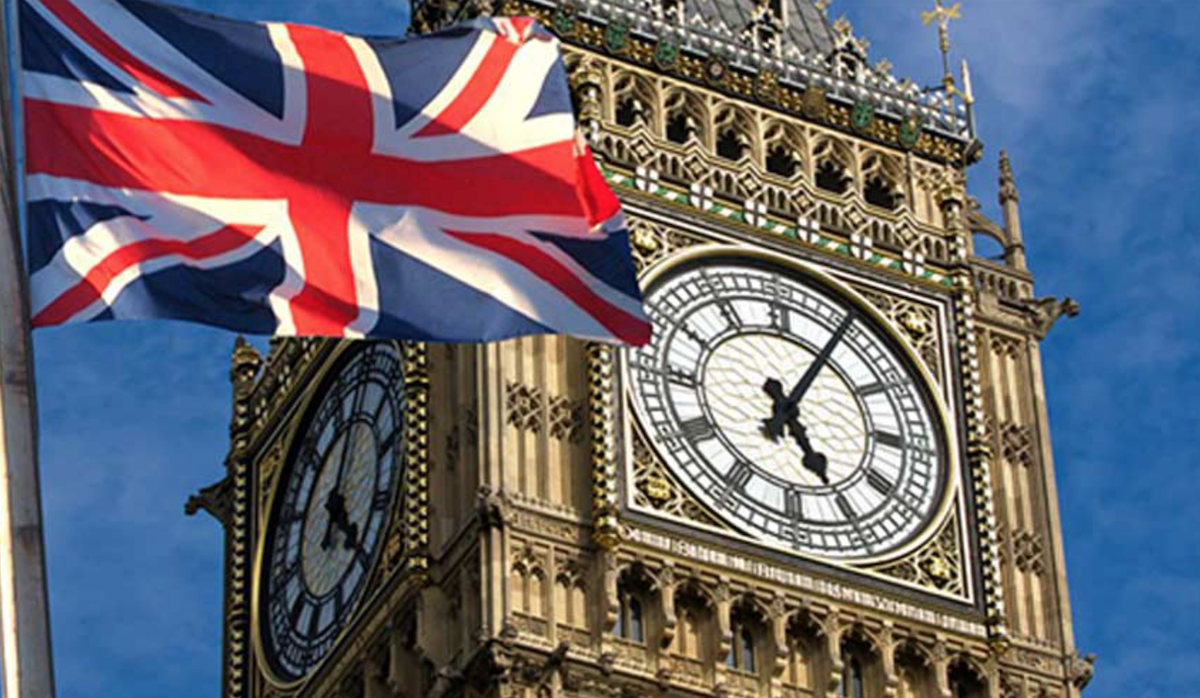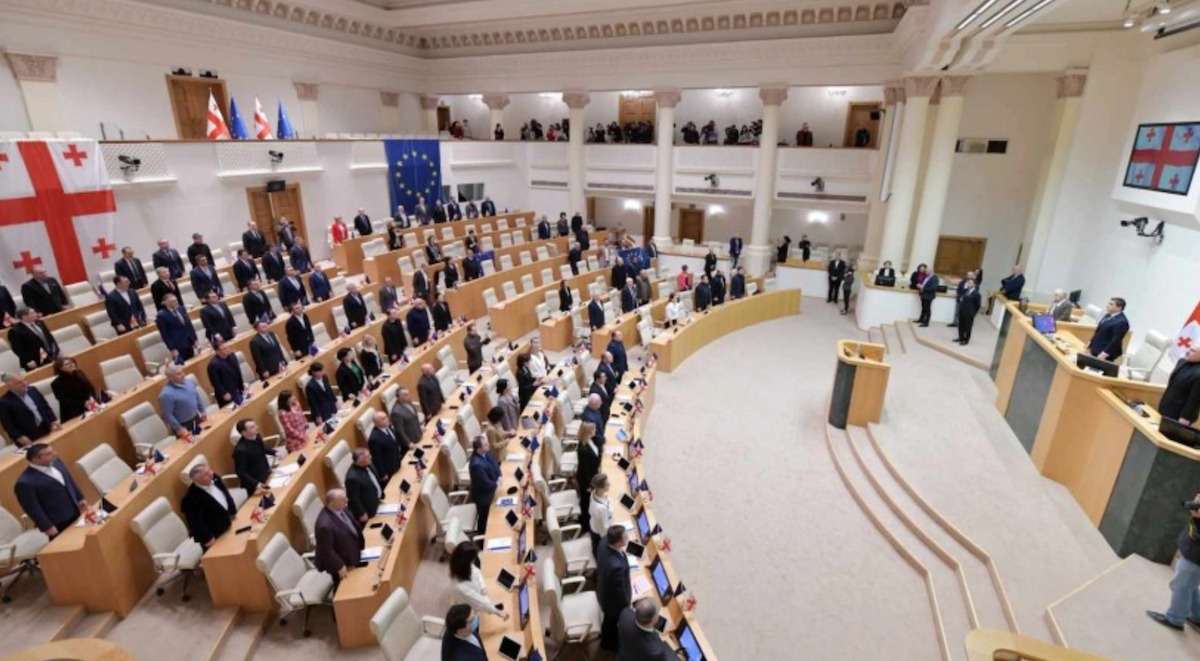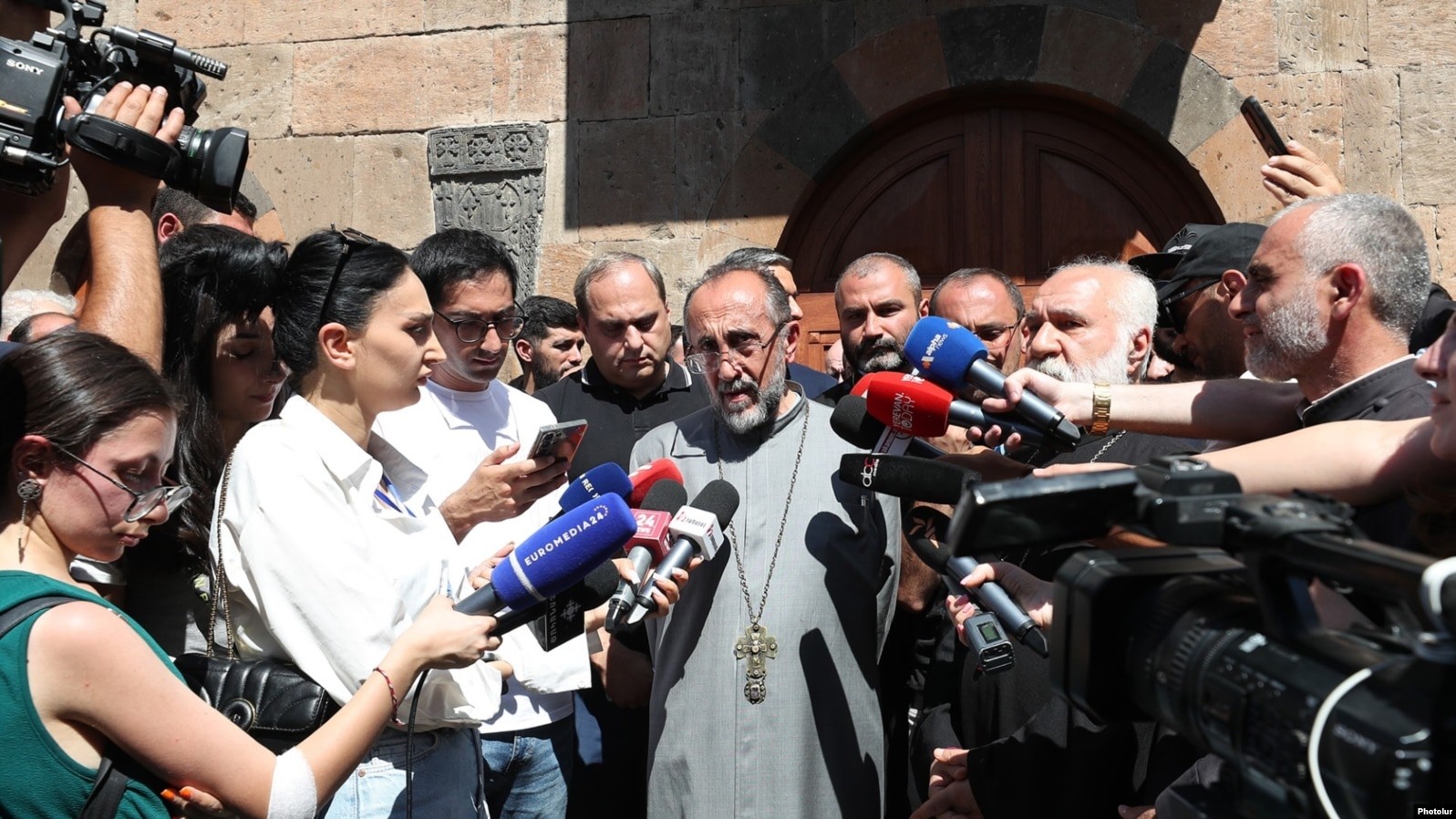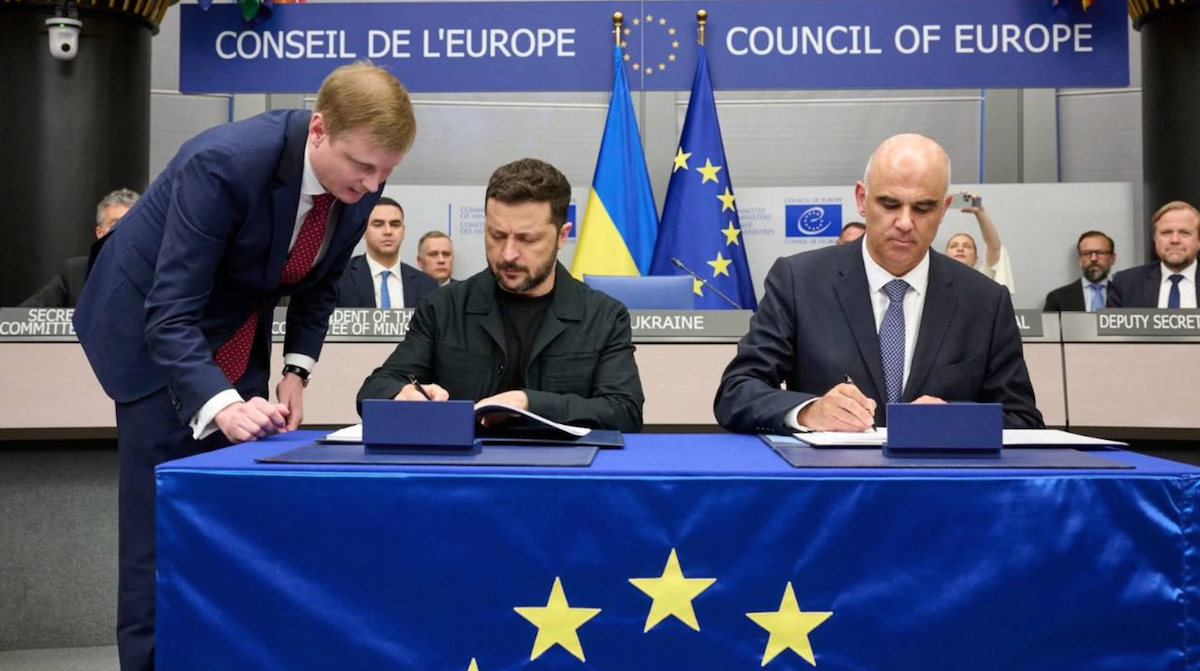Share














Most read

Top stories in Azerbaijan, Armenia, and Georgia from 23-27 June, 2025
'Russian trace' suspected in Armenian clergy: Another priest faces criminal charges
Armenian security services say attempted coup foiled, release evidence
UK warns: businesses in Georgia and Armenia aiding Russia’s sanctions evasion will be sanctioned
Armenia’s foreign ministry hits back at resolutions from Organisation of Islamic Cooperation
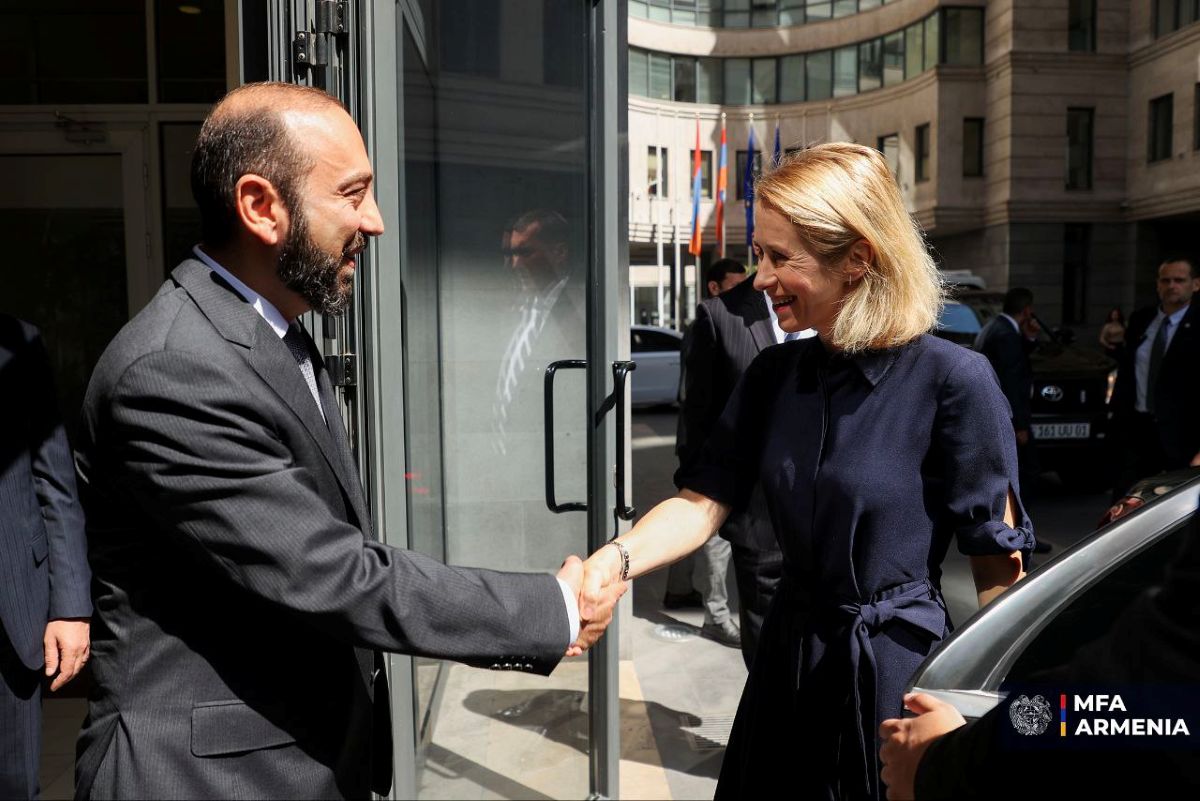
"EU to support Armenia in this critical moment": Kaja Kallas visits Yerevan
EU visa restrictions for Georgian diplomatic passport holders take effect
Violence against Azerbaijanis in Russia’s Yekaterinburg sparks Baku–Moscow tensions: opinions
Latest news in Georgia, Armenia, Azerbaijan, summary. Live
UK warns: businesses in Georgia and Armenia aiding Russia’s sanctions evasion will be sanctioned
